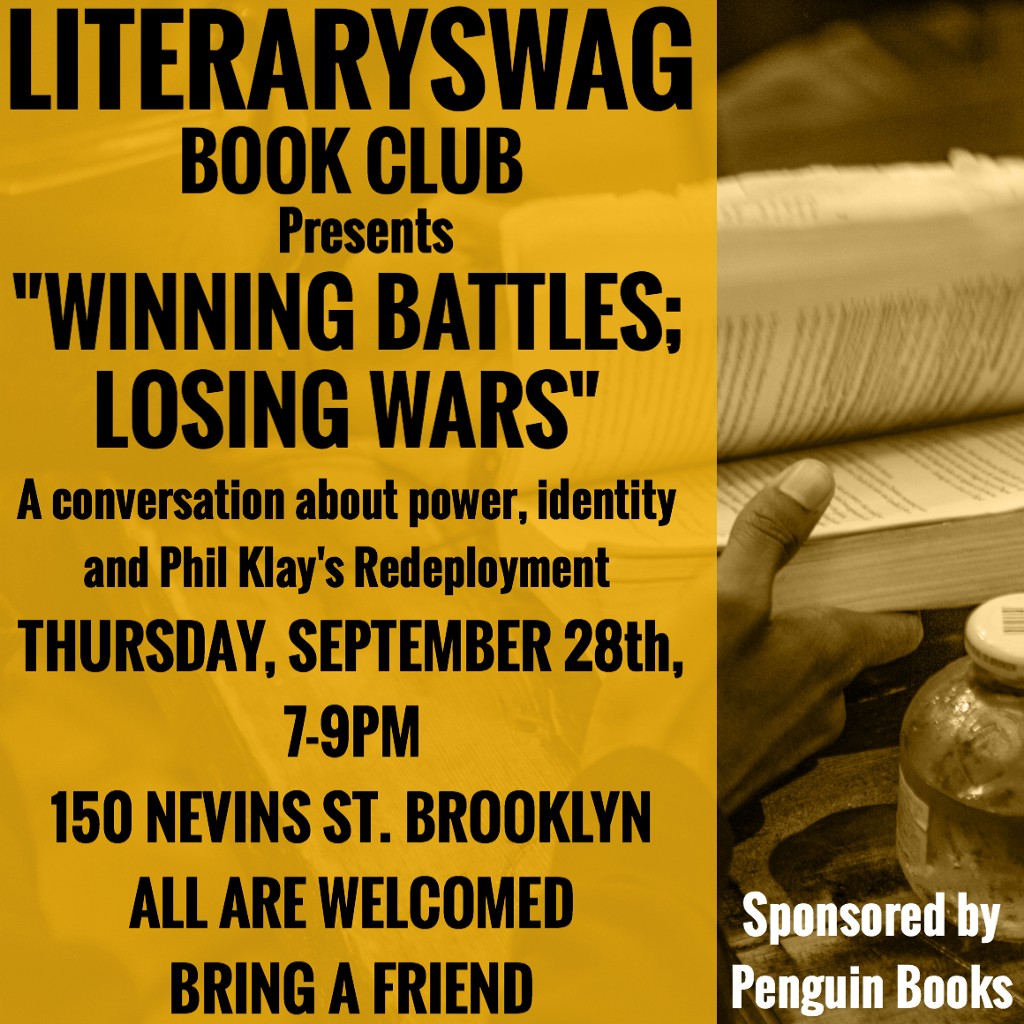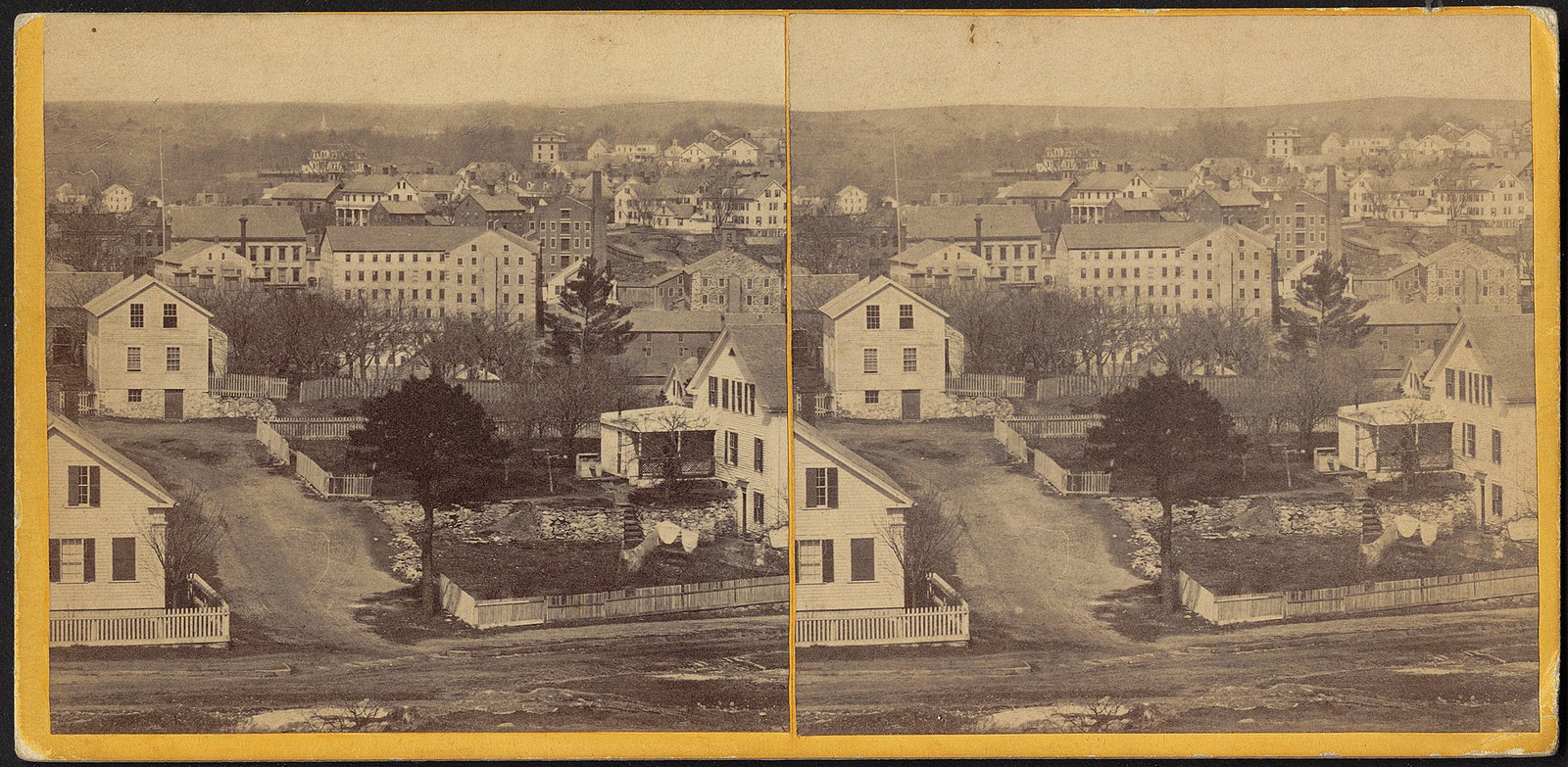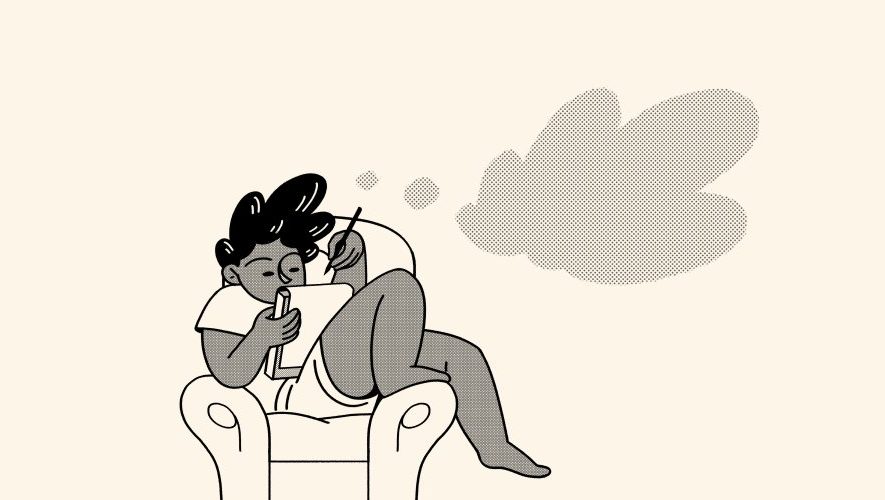interviews
Yahdon Israel Is Making Literature Camera-Ready
The writer talks about his interview show LIT and why books aren’t as popular as Jay-Z albums…yet

After his interview on Yahdon Israel’s literary interview show LIT, author Victor LaValle proclaimed that this show had Charlie Rose beat. (True story.) Considering LIT’s creator and host was influenced by interview shows like Rose’s, it makes sense that his latest endeavor would gain such acclaim. Israel’s #LiterarySwag hashtag, which went viral on Instagram, branded him as a writer and lover of literature with a specific viewpoint and style (both in vision and in fashion). This perspective lead to quick video encounters with authors where Israel asked their favorite books and designers, because there’s creative versatility in both mediums. LiterarySwag—the hashtag and the associated book club—further solidified the idea that reading audiences aren’t a niche but a wider community that can, and should, be sought.
Words are often the sole form writers utilize to connect with audience, yet the LIT Platform extends that connection through the audio and visual, giving a literal face to authors we may not truly know … yet. Whether discussing racist book reviews with LaValle, the extensive variety of poetry forms with Pulitzer Prize winner Tyehimba Jess, the difficulty in depictions of Black criminality in young adult literature with National Book Award longlisted author Ibi Zoboi, or societal and gender expectations with poet Mahogany Browne, Yahdon’s LIT platform generates discussion we’re not currently immersed in from a viewpoint that’s often not included in the literary sphere. I got to talk with Yahdon about his goals for LIT and how it came about as another medium started by underrepresented individuals from the ground up.
Jennifer Baker: The LIT Platform is pretty distinctive in itself, especially when the current classification for YouTubers who do book reviews or talk the literary life are BookTubers. Was that always the aim to make LIT more distinctive from what’s currently online?
Yahdon Israel: I created LIT for the very same reason Toni Morrison wrote The Bluest Eye. Morrison wrote The Bluest Eye because it hadn’t existed, but more importantly: because she wanted to read it. I watch a great deal of interviews on the Breakfast Club, James Lipton’s Inside the Actors Studio, Sway in the Morning, Hot 97, Between Two Ferns. And the people who are seldom interviewed are writers. In many ways being Black has taught me to notice what isn’t there. That lens lends itself to what I notice about pop culture: We’re missing from the conversation. Better put: We’re not included. And by “we” I mean writers.
JB: It’s evident you already had a lot in mind for LIT. The set up, the logo, the guest roster has been impeccable. As someone doing this the “grassroots way,” how much work has gone into LIT and maintaining your vision?
What people are really saying is that writing, writers, books, literature, etc. has never been presented in a way that was interesting.
YI: The main thing that’s gone into everything is having the audacity to believe that something like a show like this should exist. When I talked about this show with people, I was told all the reasons it would never work. The main one being: Writers just aren’t that interesting. Which was, and is, bullshit to me. But I understood the sentiment because I, in my own life, know what’s really meant by that. What people are really saying is that writing, writers, books, literature, etc. has never been presented in a way that was interesting.
JB: When I spoke to editor Mensah Demary about literature as entertainment he made a good point that he didn’t understand why books haven’t transcended to the level of popularity that movies and music have.
YI: Word. A lot of it has to do with the medium. We, who engage with books, underestimate the time it demands to dedicate ourselves to that endeavor. Jay Z’s 4:44 can be listened to in under an hour. And can be enjoyed by many people simultaneously in that hour. Twenty people can’t read the same book at the same time in the same amount of time, so already there’s a distancing between people. Never mind the fact that, if you’re from a disenfranchised neighborhood, some people are illiterate. Which isn’t to say that they’re unintelligent. But where do they fit into the convo? Where do people who would like to read, but didn’t grow up doing so, find community? The literary world, in my opinion, has never sincerely answered that question because that question would shift a lot of the ways the literary world does things.
JB: Do you think this is also what makes marginalized representation in literature even scarcer? If people, and the industry, continue to look at literature as something for “a select few.”
YI: This is where being inclusive matters. Many of the people who work in literature are lifelong readers. So it’s difficult for them to bridge the gap between themselves and the people who don’t read as much. Who aren’t privy to the literary references, and care enough to want to understand them. I started reading fairly late in my life. Or should I say: I cared about reading fairly late in my life, so my perspective of literature is one of an outsider’s. LIT is the show I would’ve liked to have when I was a kid. A show where I didn’t only have to read a book to connect with a writer. The language that books are communicated in tells us who books are really for. And if your reference point is hip-hop, like mine, and you’re used to seeing album covers where, in one glance, you get a sense of the artist’s world — what they look like, where they’re from, their aesthetic and sensibilities — then you go into a bookstore where all you get are a variety of fonts, why would I ever care about books? More importantly: Why would I care about the people who write them? The smallest thing on a book is usually the author photo, which is the one of the few opportunities for a reader to connect with the writer on some personal level. Most people who don’t read don’t think of writers as real people. LIT is a reminder that we are.
JB: When it comes to guests did you already have a list of those you wanted to approach? And how did you go about approaching them?
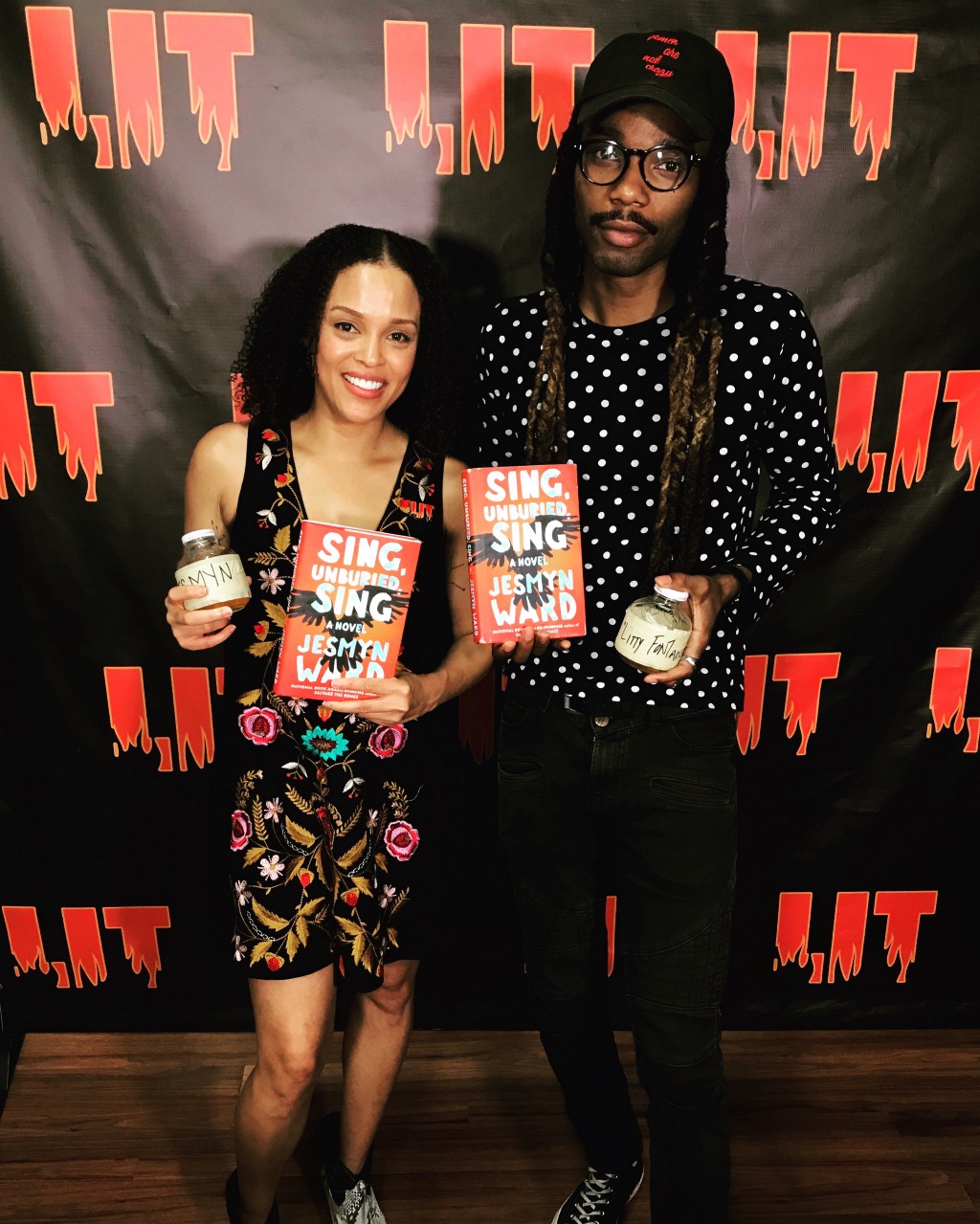
YI: It started with writers who are close friends. And by close I mean writers whose only response to what I was doing was “When?” Writers who know how dedicated I am to this vision of bringing the literary world to a bigger audience, and can see how this helps our industry. More importantly than the industry: the culture. And then I just took the momentum from the first interviews into asking for other ones. While the vehicle of what I’ve done has changed, the driving force hasn’t. It’s been my belief that the writers who have said yes are writers who have no reason not to believe me because I’ve been doing everything I said I was going to do.
JB: Do you ever get nervous asking authors to be on or at this point take things as they come?
YI: Nervous for what? [laughs] The worst thing they can say is ‘no.’ Which, if I don’t ask, I’ll get anyway. I’m realizing that when you can tell yourself ‘yes’ first, everything else falls in line. This doesn’t mean that people won’t say ‘no.’ It just means that this show isn’t dependent on any one writer’s answer. If one writer says no. That’s fine. The beautiful thing about writers is that they’re so many of us. Someone’s gonna say yes. Plus the show isn’t only for writers. As the show gets bigger, you’ll begin to see teachers, rappers, actors, photographer’s, anyone I think is LIT will be on the show talking about books. And that’s what, in my opinion, will change the culture. Not diversity so much as inclusion. Making everyone feel like they belong. ’Cause they do.
Also: the world tells writers ‘no’ all the damn time. We have a picture of our current president’s bookshelf and the only books there are his own. I think this show is working because it’s saying ‘yes’ to people who aren’t used to hearing it.
JB: Also it’s always an honor to be asked to talk about one’s work. Because it means you’re being seen.
YI: And it means, hopefully, the person asking wants you (as artist/guest) to be seen further. This is part of the work of inclusivity. Taking it upon myself to embrace writers who challenge my understanding of literature, and talk to them about it instead of pretending that they don’t exist. This show is about reckoning, which is something I can rarely say I see entertainment do. Most people confuse being rude and confrontational as reckoning and I’ve peeped game to know the difference. To reckon with something is to care about it beyond the level of whether I like a writer’s work, but ask the question of whether or not I understand it.
This is part of the work of inclusivity. Taking it upon myself to embrace writers who challenge my understanding of literature, and talk to them about it instead of pretending that they don’t exist.
JB: You have more than two dozen episodes up already and it seems you post about 2–3 per week? Will that remain the schedule or do you see more/less in the future?
YI: Well, right now it’s only been me and Danny, from the Pink Pig Productions team, who’s been doing everything. My friend from high school, Cyril Jewels, blessed us with the music for the show. But we’ve been doing this with virtually no money.
I’m creating a Kickstarter so we can remain self-sufficient, while upping the show’s production level. Money will also allow us to get support and compensate fairly for it. When Claire Messud came on the show, I told her that LIT will soon be, in the not so distant future, a status symbol in the literary world, simply because it will be one of the few things we have that’s making a meaning attempt to reach beyond it. LIT is bigger than books. It’s culture.
JB: How do you set up for a LIT episode? Do you have your questions ready and let the convo build from there or is it fairly off the cuff?
YI: So, first, I email the guests the one sheet, which has the show’s format on it — who or what they first read that made them want to be a writer; how they’d describe their work to someone who has never read them; things that translate for a non-literary audience what this little thing of ours is all about. Besides that, my questions come from reading the person’s work and previous interviews and making sure I’m not asking questions that have already been asked. If I manage to ask a question already asked, I’m also managing to bring nuance to the question to challenge the writer to think about their own answers differently.
JB: There seems a good flow to your convos too, not something I’ve heard before but also in that we’re seeing a good dynamic between you and guests.
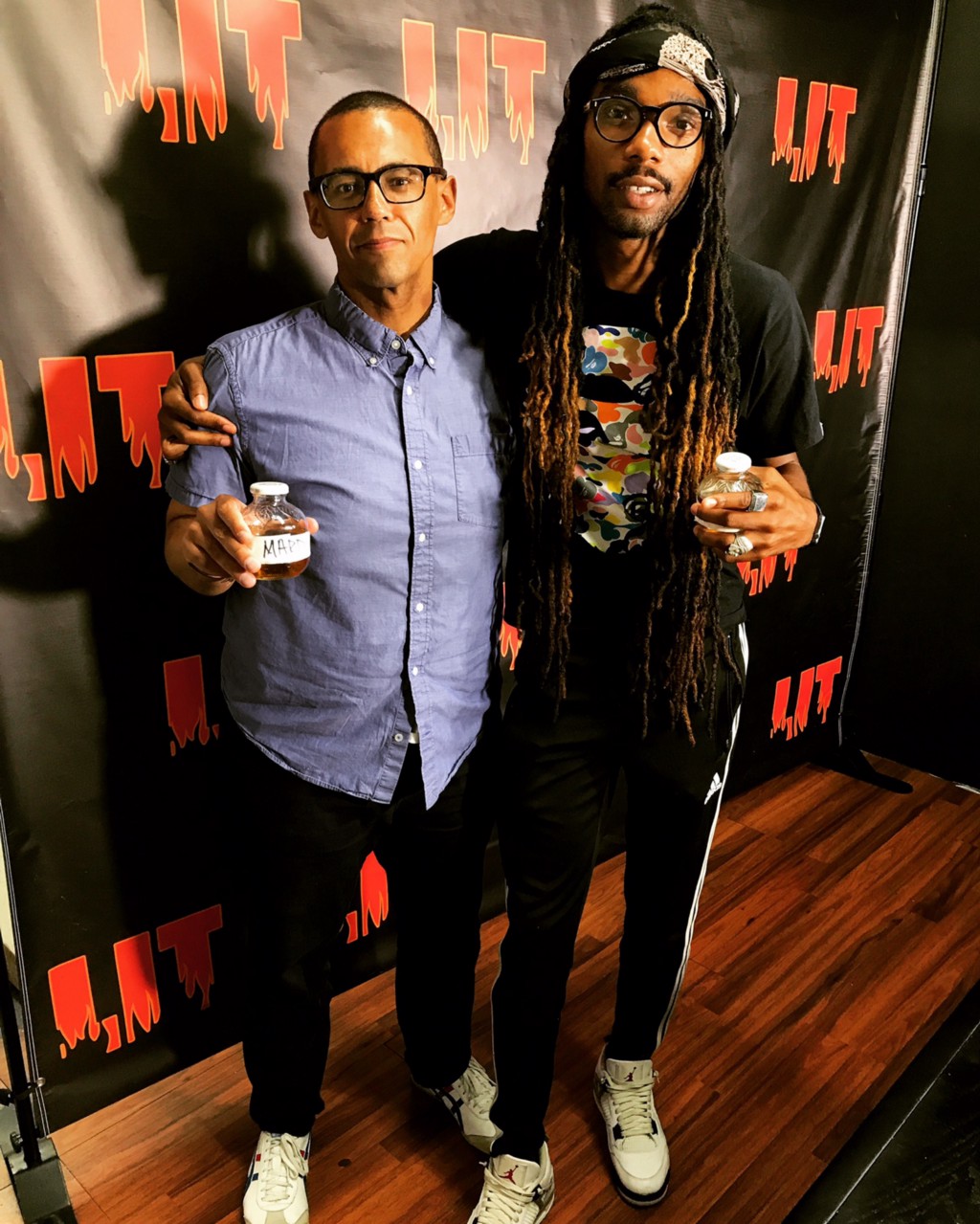
YI: Most of the time, I’m not necessarily asking anything. We’re just chopping it up, which, in itself is a format that allows writers to relax. Then when you add the Mardusse — the Martinelli’s apple juice and Dusse cognac mix — it’s a lituation.
JB: Can you see a time/space where those of us doing the promotion (out of a need we see) can see a sustainable financial model to do this? At the moment LIT and other platforms (I’m also thinking of WRBG) are made in a FUBU (for us, by us) way are not supported by the industry the way bigger (and white-owned) entities are.
YI: Absolutely! I do see this becoming a lucrative thing. But what has to happen, in my opinion honestly, is more kids/teenagers have to be the arbiters of the culture. Meaning we have to embrace them in a more meaningful way. When I went to Westhill High School in Connecticut I spoke to 2,000 kids. Of the 2,000, 200 of them read for their own enjoyment.
JB: Only 10%? Wow.
YI: I then asked the 10%, how many of their friends can they talk to about books? The average number 1–2. And I thought about it: How many writers are teenagers? Think about music, and actors, and fashion. They’re mostly the same age as their fans. Then I thought about what would’ve made me read for enjoyment as a teenager: if my friends were writing it. So I think if there teenagers who were being published, it would send a message that their words have value.
JB: I can see that. Kid lit writers tend to be adults. Traditionally published ones anyways.
YI: Also: it’s condescending to think that kids can only read YA. No one tells a sixteen year-old that they’re too young to get Kendrick, but there’s this insidious assumption that a teenager won’t understand Junot, so it’s, in my opinion, intentionally put out of reach so kids feel like they have “to be older” before they can enjoy it — and that’s not true.
JB: I wasn’t reading YA primarily as a young reader. It was Anne Rice or Stephen King. In high school we read John Steinbeck and Zora Neale Hurston.
YI: Right. I first watched Goodfellas when I was 13 and didn’t need to wait 14 years until I decided that it was my favorite movie. My thing is: our literary world is pretty arrogant in who it considers to belong, and hasn’t made a meaningful gesture to reach new readers or even create readers. Instead of being asked, “How do we reach your market?” with what I write; I’ve been told “There isn’t a market for my writing.”
JB: Just want to let you know even though you can’t see me, I’m nodding right now. Last question, is the Literary Swag book club still around?
YI: Uh yeah! Every last Thursday at the Brooklyn Circus! It’s also a subscription service. The most important thing about the book club is that it’s a community. One thing I emphasize about the book club is you don’t have the read the book to come to the meeting. I do that because I want to show that the world that leads into literature can be an open door. If I told people that you have to read the books to come, I’d be perpetuating an attitude that made me hate books for as long as I did to begin with. The attitude was “this isn’t for you.” The attitude adjustment is “This is for you, too!” We’re actually celebrating two years of LiterarySwag Book Club Thursday, September 28th, 7pm — 9pm at 150 Nevins. We’re discussing Phil Klay’s Redeployment — and so much more! And once again: even if you don’t read: come through, because it’s lit!
